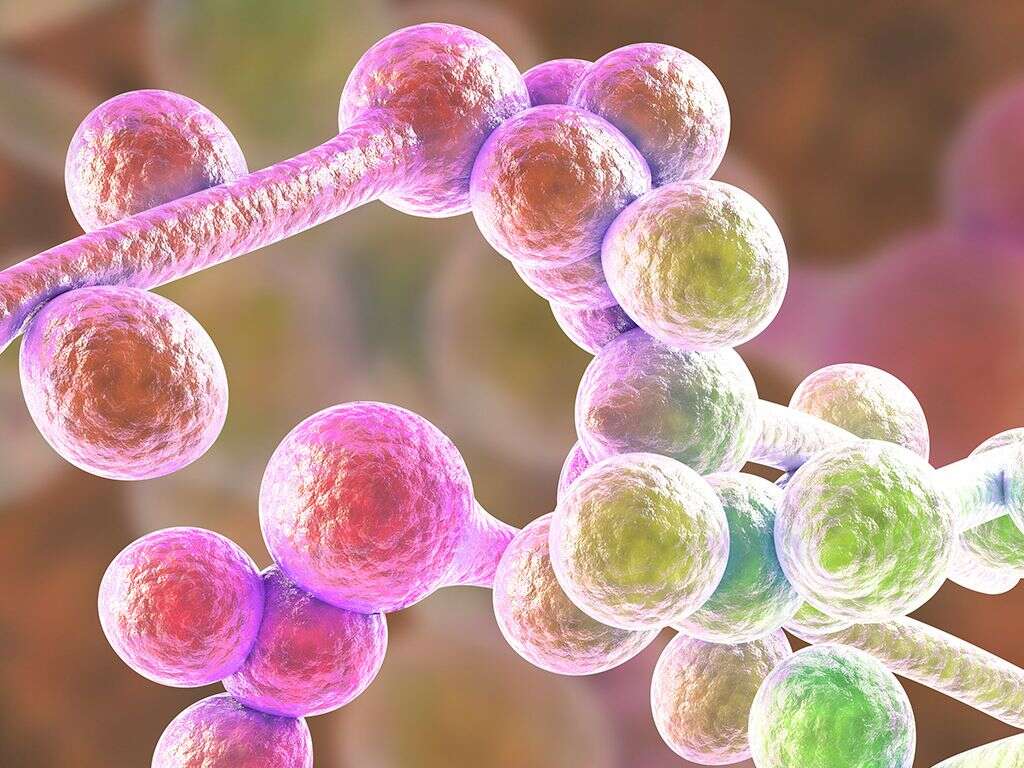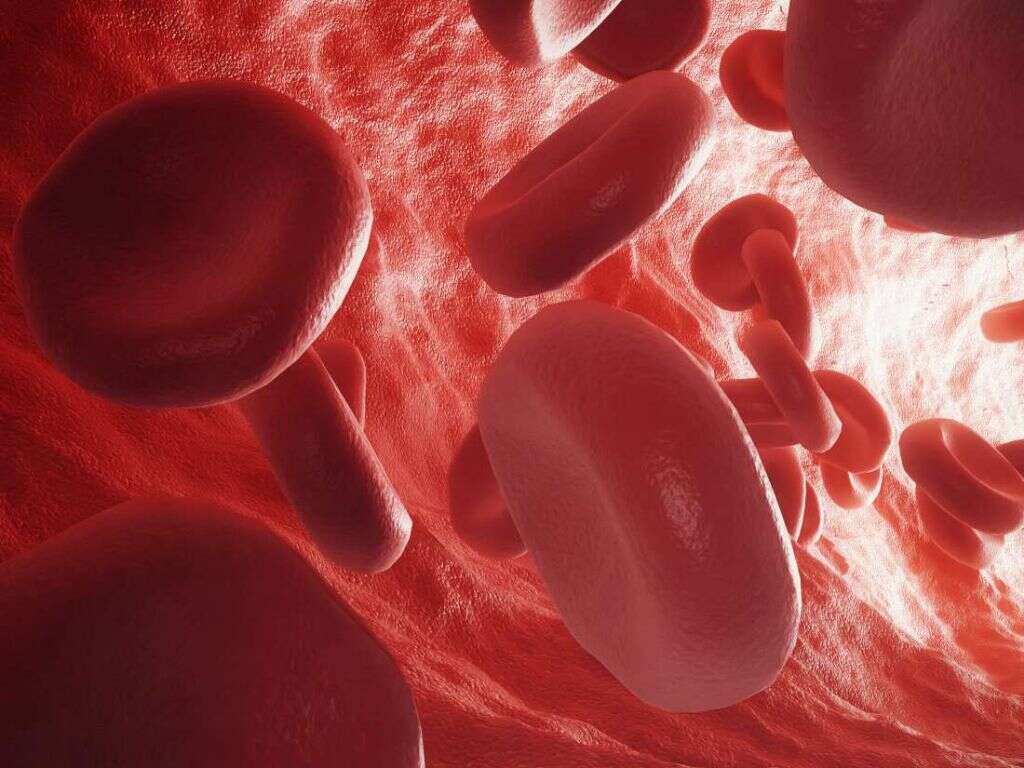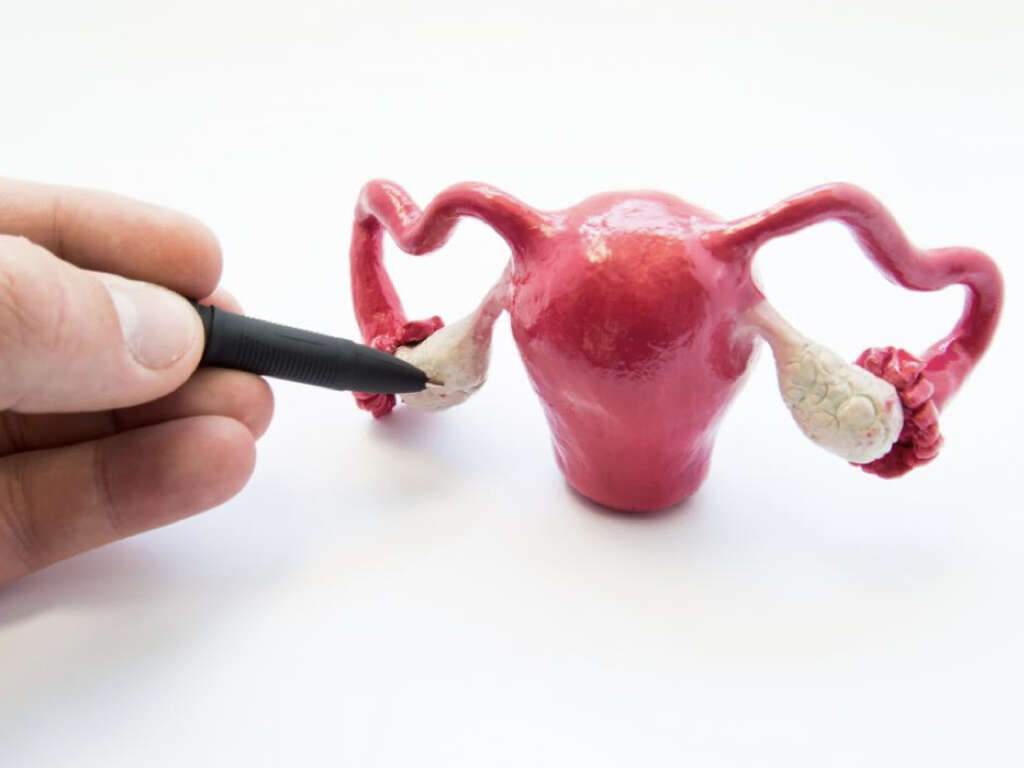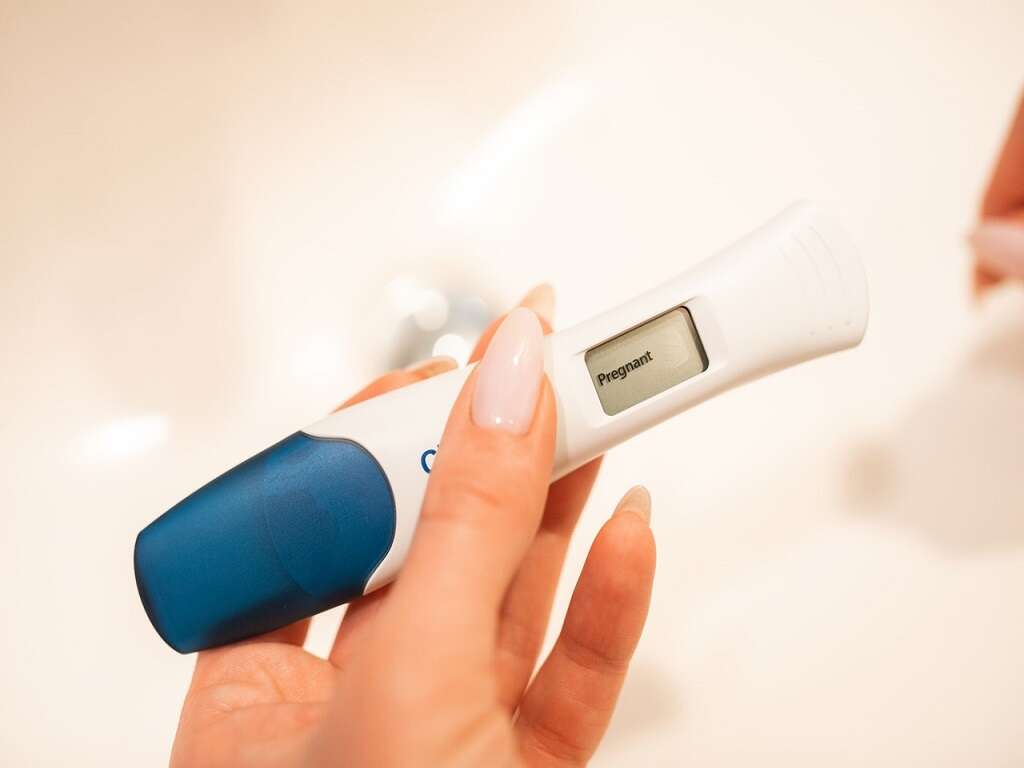Irregular Periods Causes, Treatments & More
 Article Sources
Article Sources
- 1. 'What Causes Menstrual Irregularities?' Eunice Kennedy Shriver National Institute of Child Health and Human Development, U.S. Department of Health and Human Services, www.nichd.nih.gov/health/topics/menstruation/conditioninfo/causes
- 2. 'Uterine Cancer: Symptoms & Treatment.' Cleveland Clinic, my.clevelandclinic.org/health/diseases/16409-uterine-cancer
- 3. 'Menopause.' Mayo Clinic, Mayo Foundation for Medical Education and Research, 14 Oct. 2020, www.mayoclinic.org/diseases-conditions/menopause/symptoms-causes/syc-20353397
A woman's normal menstrual cycle can range between 21 and 35 days, with the average being 28 days. Many women use period apps or other methods to track their period, so they know when to expect it. When the menstrual cycle becomes irregular, many women panic.
A period may be irregular if it arrives late, early or never arrives at all. In certain circumstances, periods may be shorter or longer than normal, with a flow that's heavier or lighter than expected. The cause of irregular periods is generally benign, but there are some more serious reasons why a woman may suddenly have an irregular period.

1. Physical or Emotional Stress
Physical or emotional stress can wreak havoc on anyone's body. Ongoing stress may cause hormonal imbalances, which can affect the regularity of periods. The irregularity can be as short as one month or span the course of a year.
Physical stressors may include intense exercise or injuries.1‘What Causes Menstrual Irregularities?’ Eunice Kennedy Shriver National Institute of Child Health and Human Development, U.S. Department of Health and Human Services, www.nichd.nih.gov/health/topics/menstruation/conditioninfo/causes Gaining or losing a lot of weight in a short time can also cause physical stress. Emotional stress could be anything that disrupts a person's life or causes anxiety. Emotional stressors can vary from one person to another, but long-term stress is usually more likely to cause irregular periods than acute stress.

2. Birth Control
Some birth control methods can cause irregular periods. Birth control pills, shots and other hormonal types are most likely to blame when menstruation becomes irregular.
Most hormonal birth control methods contain either a combination of estrogen and progestin or progestin alone. They prevent pregnancy by stopping the ovaries from releasing an egg, and thus, usually stop a woman's period altogether. When going on or off hormonal birth control, periods may be irregular for up to six months.

3. Uterine Polyps or Fibroids
Polyps are small, noncancerous growths that affect the lining of the uterus. A fibroid is a small tumor attached to the wall of the uterus, which is generally benign but can be cancerous in rare instances. A fibroid can range in size from barely visible to the size of a grapefruit.
Both a polyp and fibroid in the uterus can cause irregular periods. Generally, they'll cause heavy bleeding and pain during periods. In very rare cases, they can cause missed periods.

4. Endometriosis
Endometriosis is a disease where the endometrial tissue normally lining the uterus grows in other parts of the body. The endometrial tissue in these cases usually grows in the fallopian tubes or ovaries, but can also grow in the intestines or other nearby areas. This tissue is usually discharged during a normal cycle.
Endometriosis can cause irregular periods alongside other symptoms. Cramping or pain before or during menstruation and painful intercourse are also potential signs of endometriosis.
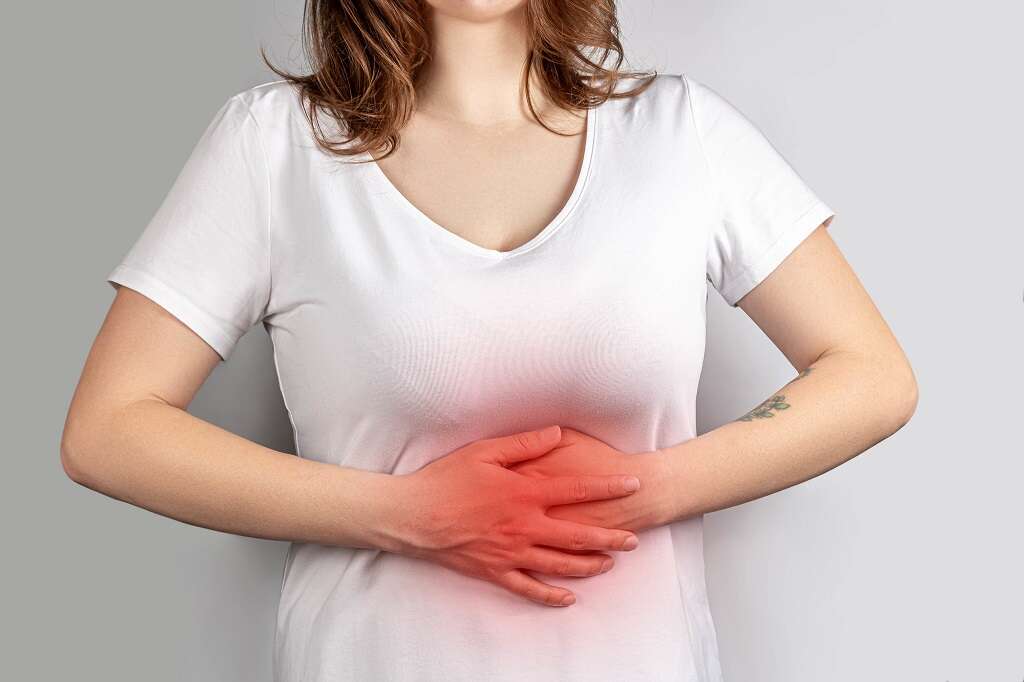
5. Pelvic Inflammatory Disease
Pelvic inflammatory disease, also known as PID, is a bacterial infection affecting the female reproductive system. The bacteria causing PID can enter the vagina several ways, although it usually happens through sexual contact. Other ways bacteria might enter include gynecological procedures, childbirth, miscarriage and abortion.
Besides irregular periods, PID can also cause pain in the pelvic area and heavy vaginal discharge. Discharge may smell unpleasant due to the bacteria present. Fever, nausea, diarrhea and vomiting are also common signs of pelvic inflammatory disease.

6. Polycystic Ovary Syndrome
Polycystic ovary syndrome, also known as PCOS, is a syndrome occurring when the ovaries make large amounts of androgens. Androgens are typically a male hormone, and their excessive production can cause problems. Small cysts may form inside the ovaries, disrupting menstrual cycles because eggs are unable to mature.
Some women with PCOS have irregular periods, and some may stop menstruating, either permanently or for short durations. Obesity, excessive hair growth, acne and infertility are also common signs of PCOS.

7. Certain Reproductive Cancers
Although rare, female reproductive cancers can cause irregular periods. Specifically, uterine and cervical cancers may disrupt normal menstruation cycles. These cancers affect the uterus and cervix.2‘Uterine Cancer: Symptoms & Treatment.’ Cleveland Clinic, my.clevelandclinic.org/health/diseases/16409-uterine-cancer
Periods that are long and heavy or a lack of menstruation may be signs of female reproductive cancers. Thick, white vaginal discharge and spotting between normal periods or after intercourse could also be cause for concern. Sometimes an unpleasant smell and low-grade fever accompany other symptoms.
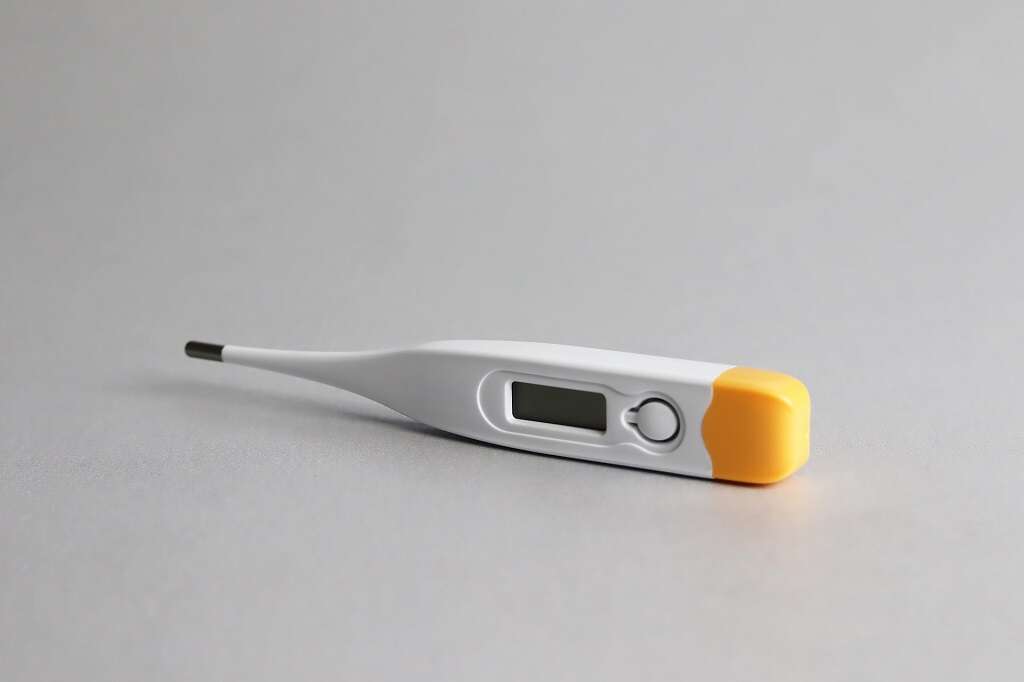
8. Menopause
Menopause occurs when a woman ages past the point of childbearing. The age of onset varies from one person to the next and is dependent on several factors. Genetics, age of the first period and overall health may affect when a woman enters menopause. The average age for women entering menopause is 51.3‘Menopause.’ Mayo Clinic, Mayo Foundation for Medical Education and Research, 14 Oct. 2020, www.mayoclinic.org/diseases-conditions/menopause/symptoms-causes/syc-20353397
Besides irregular periods, women entering menopause may experience hot flashes, weight gain and mood swings. Other symptoms include sleep disturbances, vaginal dryness and hair loss.

9. Preventing Irregular Periods
While it isn't always possible to prevent irregular periods, there are a few safe methods women can try. It's important to treat the root cause of irregular periods for them to become regular again.
When irregular periods are caused by stress or other lifestyle factors, women can try meditation or other relaxation techniques. Taking a few moments for self-care each day could make a difference. Getting yearly gynecological exams, staying hydrated and eating a balanced diet could also prove helpful.

10. Management Options
The management of irregular periods depends on the root cause. Only a doctor can find the best course of management for each individual. Care options may include ceasing hormonal birth control or managing an underlying disease. Getting a routine annual gynecological checkup may also reduce the risk of irregular periods.
If caused by stress, people may find it helpful to practice meditation or breathing techniques. Getting enough sleep, staying hydrated and eating a balanced meal may also help.



